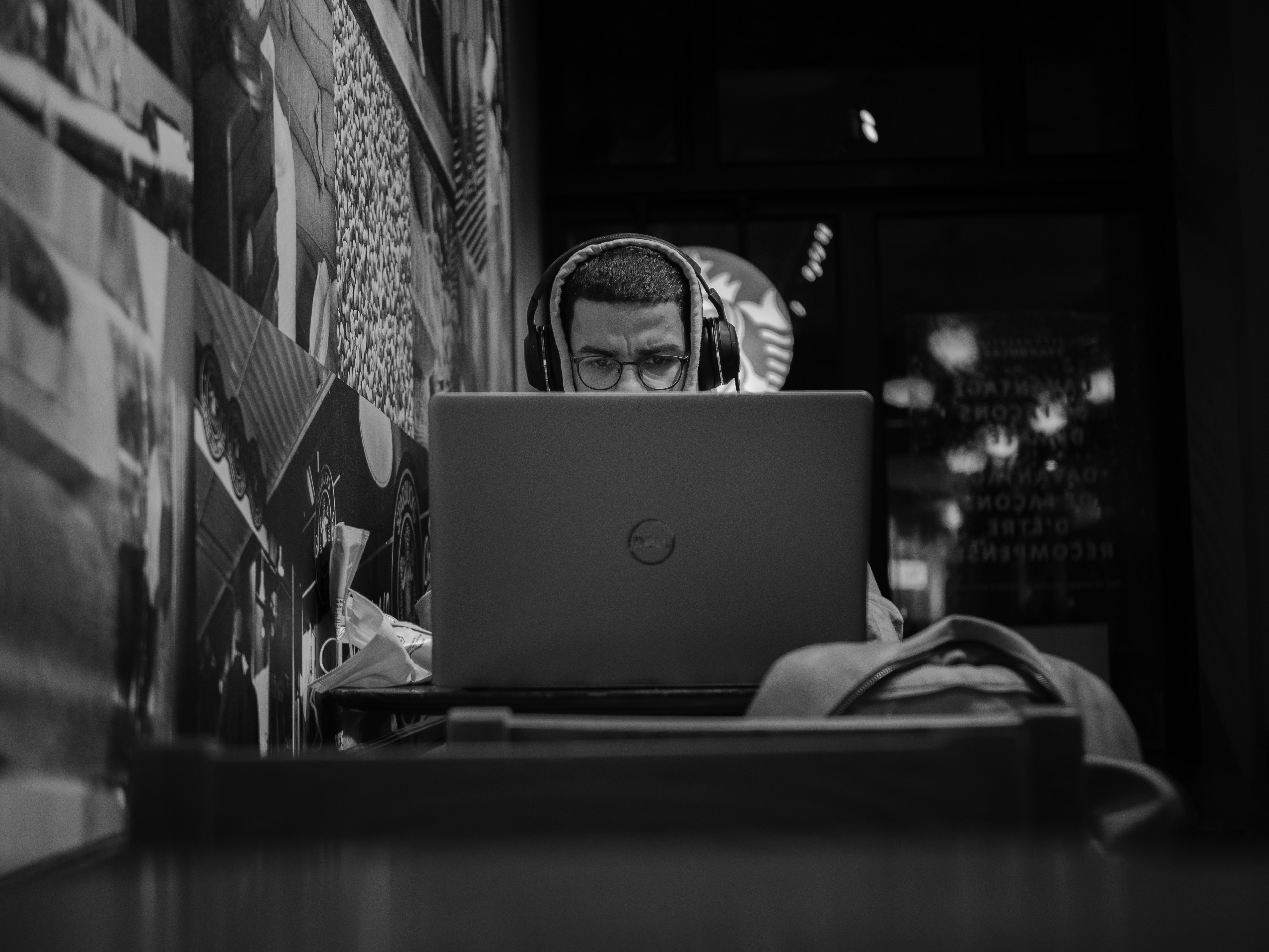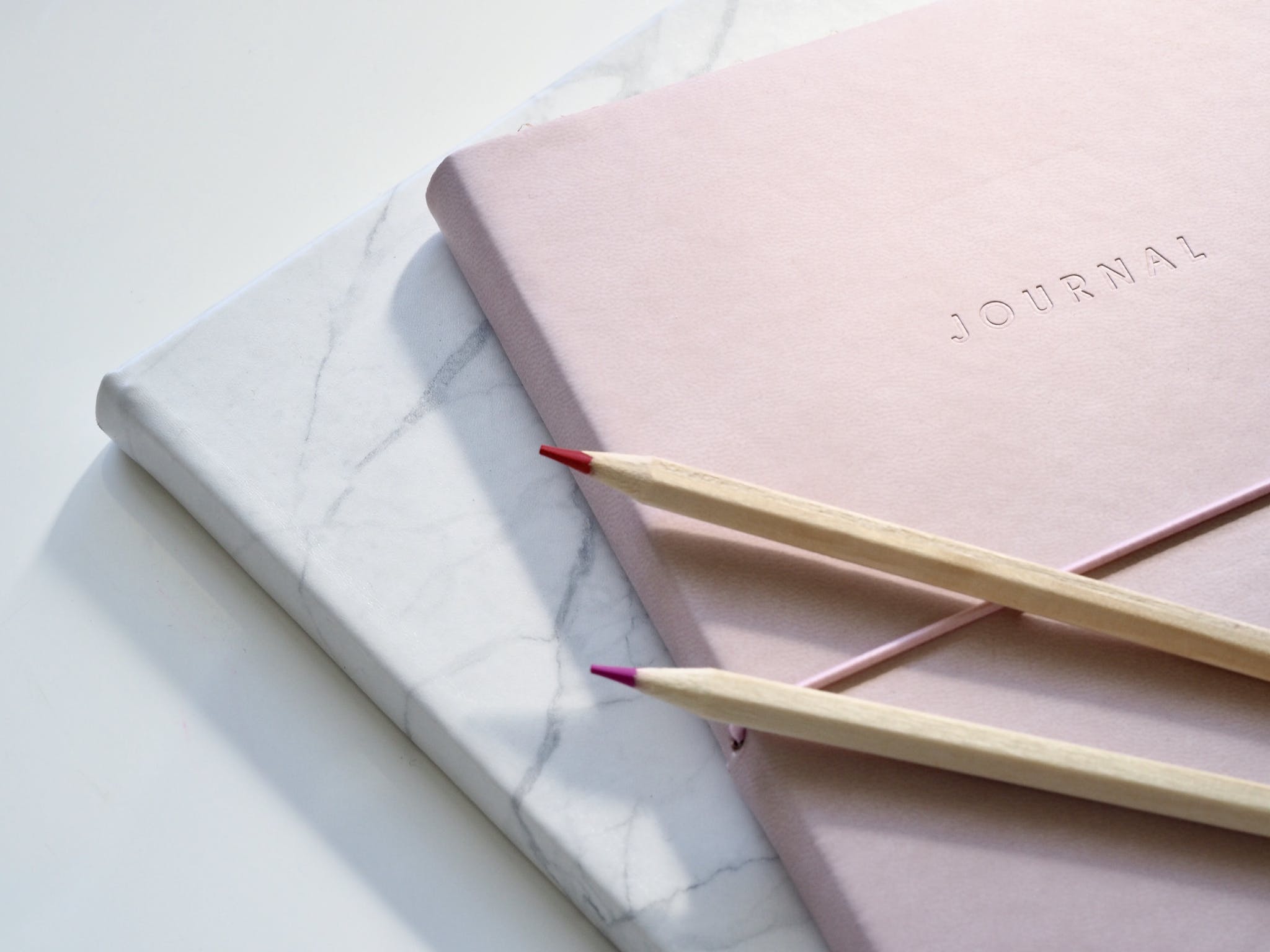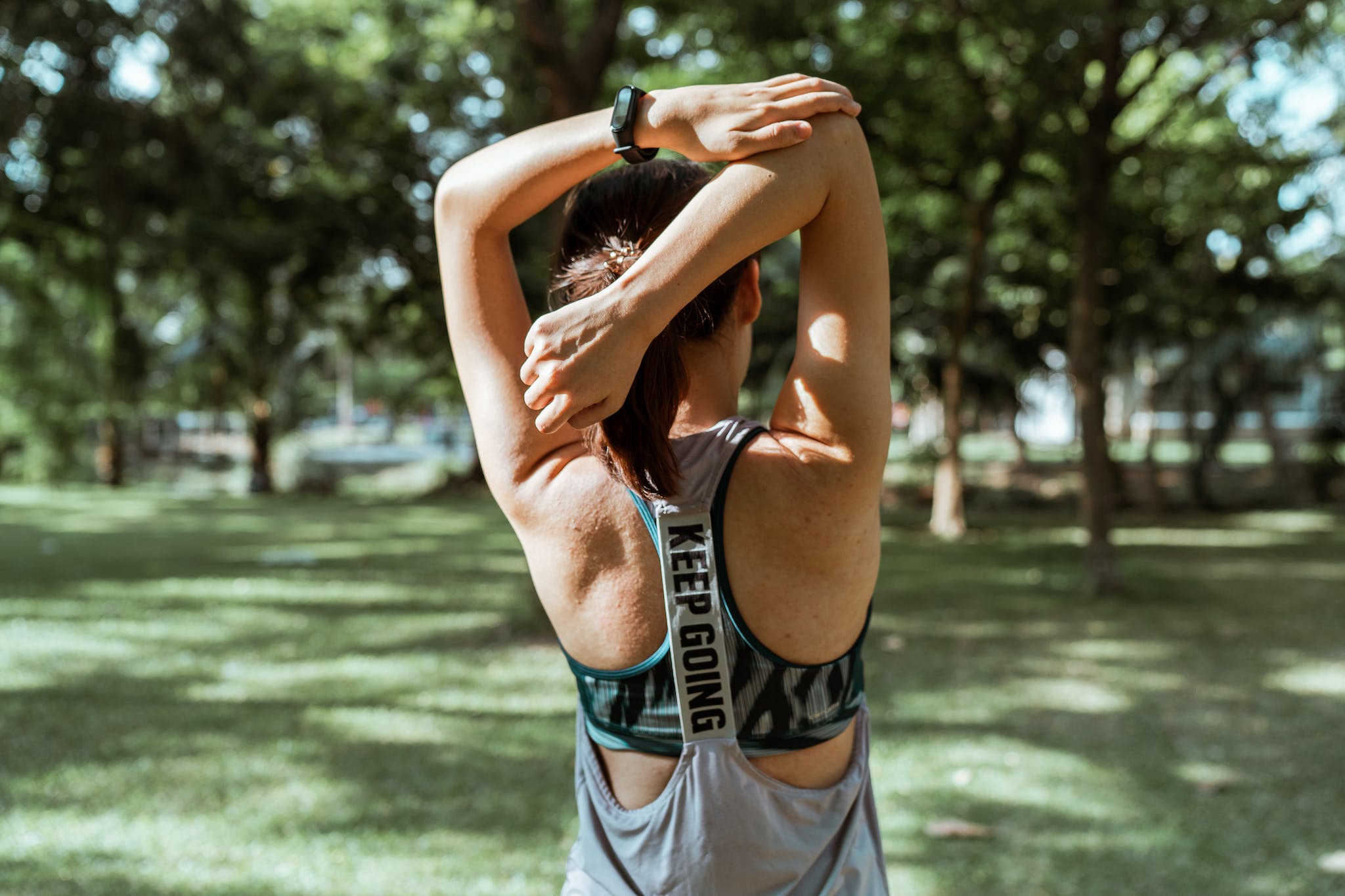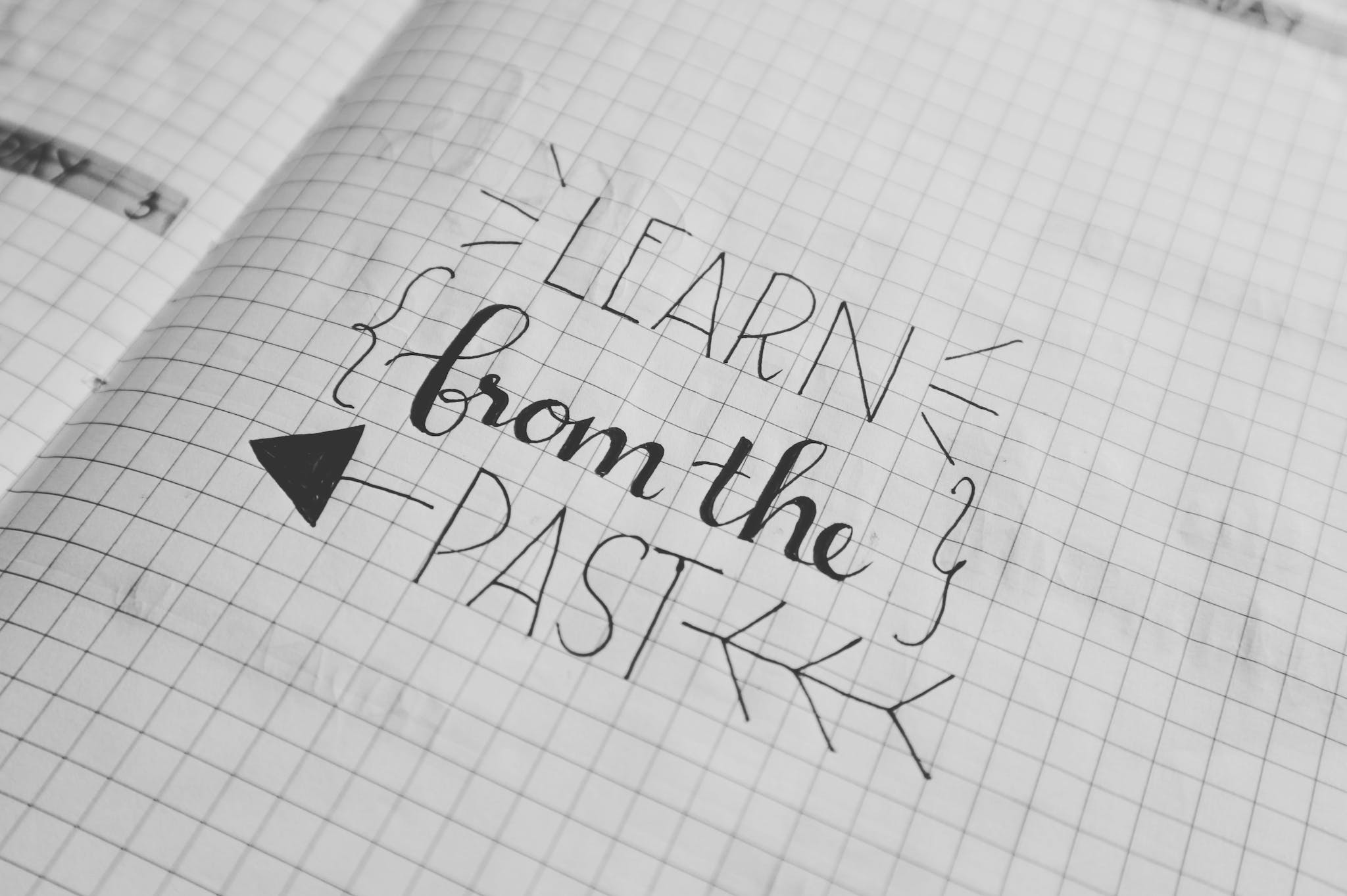5 Ways to Learn How to Relax More: Workaholic Tips

Why is being busy so normalized?
Life leading up to adulthood seems like more of a sprint than a marathon. From the age of 5 (or earlier), we’re set on a schedule of going to school for 8 hours a day coming home to homework, dinner, and then going to bed to start the whole process again. If you’re lucky, as you get older you’ll even get to participate in sports or clubs after school which will just shorten the time you have to do homework and relax. In high school, it got noticeably more difficult when the options of AP classes and varsity athletics. I don’t do anything if not to my fullest, so I easily became stressed and drained.
This pattern continued into my college career. During sophomore year, I convinced myself that I could take 17 credits, work in a research lab, be a collegiate athlete, and have a part-time job. My days consisted of getting up at 6 am for practice and working my butt off (some days not even eating lunch) until my clock read 11 pm, and I’d force myself to bed so that I could be productive again the next day. This schedule stayed relatively the same throughout my junior year and by the time school was out I could explain exactly what burnout was.
“I’m grateful for everything I have done, but it’s alarming how different the real world is when you’re not overwhelmed by club meetings and piles of homework.”
Simple Growth Blog
Growing up, the idea is pushed on us that we have to be doing something or exploring places constantly. We’re told our success and college acceptances are dependent on the number of extracurriculars we take on and how well-rounded we seem. I’m grateful for everything I have done, but it’s alarming how different the real world is when you’re not overwhelmed by club meetings and piles of homework.
During my two summers interning, one virtual and one in person, I learned a lot about free time. Most of all I learned that I don’t know what to do with it. I’ve spent so much time piling things, on that having nothing to do feels excruciating. For some people, I know the school-to-real-world transition can be difficult because, in the structure of school, it’s hard to discover new passions. I thankfully, at least have some idea of where I’d like to start, even if I end up hating the things I’m passionate about now a few years down the line.
As a self-proclaimed workaholic, I’ve had to make some adjustments to the way I see free time as well as give myself the space to ease into the new reality that is life after the 9-to-5. These are some tips that helped me become more comfortable with doing nothing:
Tip 1: Spend time working on your passions
I know I just went on a huge spiel about how most people don’t know what they’re passionate about so soon after school, but your free time is the perfect time to work on building the life of your dreams and investing in yourself. The bonus with this is that if you struggle with feeling unproductive like me, it gives you some time to feel productive while doing projects you’re excited about which can feel like a weight is being lifted off your shoulders.
If you don’t have a passion to explore yet, this is the perfect time to try new things to figure out what they might be. This could be going on hikes, taking a painting class, or maybe even hosting parties. Figuring out what interests you outside of the scope of everything you’ve worked towards up to this point can be challenging, but with the extra time, it’s worth a shot to figure it out.
Tip 2: Invest in your physical and mental well-being
Being a retired athlete you’d think that living a very active lifestyle was something that I couldn’t keep myself from having. The truth for me is the complete opposite. I have to plan my workouts out in my head the night beforehand to mentally prepare myself for what’s to come.
Although working out isn’t my favorite thing to do, it’s usually the getting to the gym part that sucks, and then everything after that reminds me why I go. Exercise truly gets endorphins flowing and if I had a tough day at work, am feeling tired, stressed, or like I’m in a rut, working out instantly makes me feel at ease. The trick is finding a workout that fits your personality (running isn’t the only cardio).
Focusing on my physical well-being helped my mental well-being naturally, but it’s also good to set aside time, even if it’s during your commute, to appreciate how far you’ve come and where you’re headed. Find things to get excited about and take time to breathe and let go of anything that weighing on you. Giving yourself even 5 minutes to be free of any burdens you have and be alone and in the moment is life-changing. Maybe even take the scenic route home.
Tip 3: Do nothing
This tip may seem easier said than done, but if you ever find yourself feeling bored or like you’re doing nothing, embrace it. There are only so many moments in your life that you’ll get to be able to have the freedom of not knowing what to do. Despite what people may tell you, it’s okay to aimlessly scroll TikTok for an hour or binge-watch a series. Doing nothing can even mean sitting outside on a nice day and listening to nature or a good playlist. Just because something isn’t propelling you towards a goal or helping you check off you’re to-do list doesn’t mean it isn’t worthwhile.
Tip 4: Night Routine
One of my favorite times of the day is shower time. That’s when I get 5-10 minutes of freedom from everything and can focus solely on myself. Having a good wind-down routine is perfect for relaxing and decompressing before a new day starts. When I started doing nighttime skincare and a relaxing activity like reading or watching an episode of Gossip Girl it felt like my days were complete.
Every new day brings new opportunities so I’ve found that ending a day with a good foundation for the next day puts me at ease and reduces the amount of stress or anxiety I enter the next day with. Not to mention, putting aside time to prepare for the next day can help signal to your brain that today’s work is done and it’s time to rest so that the next day can be attacked with the same enthusiasm as the day before.
Tip 5: Turn off your notifications
My favorite saying that they used at my internships was that we aren’t saving the world.”
simple growth blog
This tip applies specifically to work notifications and apps. I’m the type of person who will look at an email, say it’ll only take a minute to read and figure out a solution, and then end up spending a half hour to an hour going through work or school-related things that I had no intention of doing. The best advice I have is to turn off notifications for any work-related app on your phone and computer. If that’s not enough to keep you away, delete the app completely. For the most part, the problem can wait until tomorrow.
My favorite saying that they used at my internships was that we aren’t saving the world. Any email, message, or research you need to do can likely wait until the next day. The best part is that if you spend the time decompressing at home and rejuvenating your mind and body, then you’ll have more energy at work to bust through anything that might’ve come up after you’ve left the office.
If your company culture doesn’t encourage work-life balance then that’s a whole separate issue, but for me, work I did outside of the office was usually self-initiated (and in an internship role, based on wanting to impress my superiors) which means turning off notifications worked for me.
Being a workaholic is a hard habit to break, but it is possible with a little bit of extra focus on finding what interests you in your free time. I’m not 100% carefree yet, but these tips have helped ease me into using my free time for me. Structuring new ways to use my time while also acknowledging that it’s okay to not live a constantly busy lifestyle is the perfect middle ground for me as a workaholic trying to find ways to relax.






